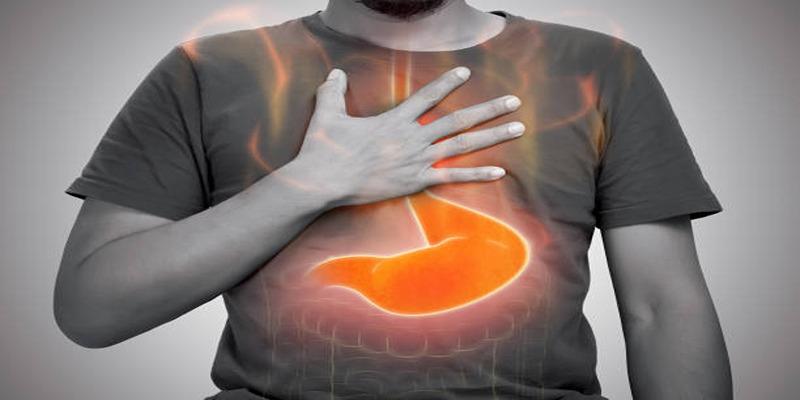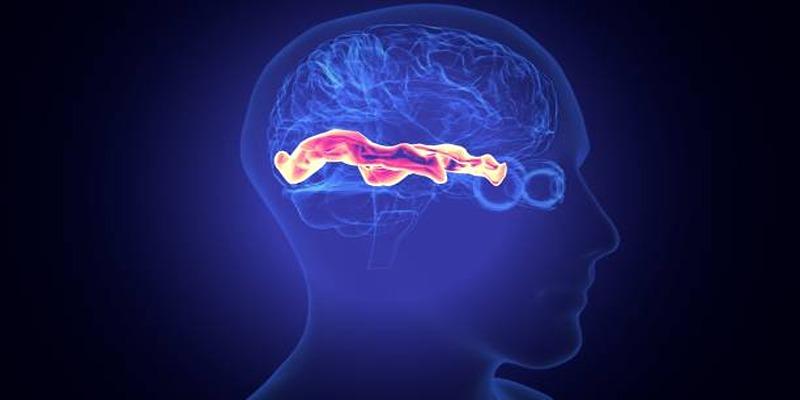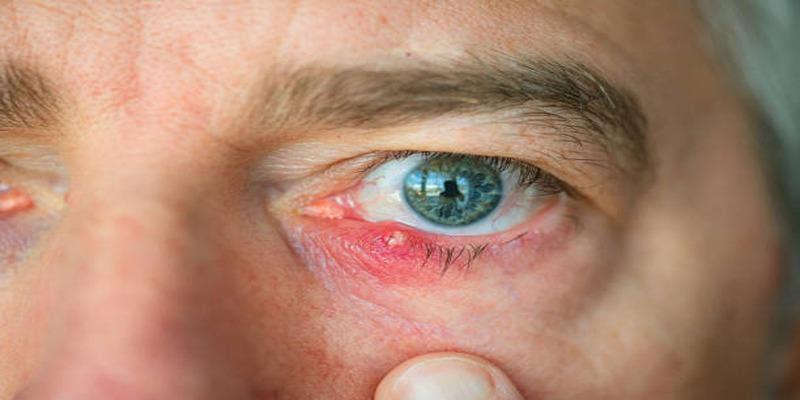Waking up, with a runny nose, sore throat, aches in the body, one should start one question: Cold or flu? They are both similar in manifestations, only the degree varies. Cold is pleasant; the flu is unpleasant. Becoming aware of the difference makes you get back curing. This guide will help distinguish various differences, follow-up signs and how to consult medical assistance.

One of the most widespread diseases throughout the world is the common cold. It is a disease that is brought about by various breeds of viruses which normally target areas within the nose and throat. Colds affecting people will be experienced numerous times annually. The symptoms are rather bothersome and generally not severe.
There is a tendency to accumulate cold symptoms. They can be a scratch in the throat and then they can get to a runny nose. Although colds are not it all, majority of individuals get cured in a period of one week to ten days.
Influenza viruses cause the flu, also known as influenza. The flu has been known to be more abrupt and severe as compared to the cold. It is contagious and may make individuals feel terribly weak. It tends to be a longer duration existence compared to a cold and can have severe body conditions.
Even basic routine can be challenging when one has the flu. It is more likely to need more care and rest than a cold does.
So much sneezing, coughing, and general weakness take their toll, it might be quite difficult to tell whether it is cold or flu. Both diseases are transmissible similarly; viruses, they have effects on your nose, throat, and airways, yet it is the intensity and speed of the symptoms that caused the difference. It is possible to stabilize and feel better by comprehending these main distinctions.
Home treatment usually serves to treat most colds and mild flu, however, there are a few circumstances when you need medical assistance. You must contact a physician in case of:
The signs can indicate a more serious infection which would require treatment.

Cold management at home is done by most of the people through basic measures.
The practices alleviate pain and enhance healing.
Flu is often associated with more requirement.
Flu recovery is sometime prolonged compared to the cold. Take the time out to relax your body.
The power of your body and verse of your care impact on the time of recovering.
Both colds and the flu are common, but they affect your body differently. Colds are usually mild and pass quickly, while the flu comes with stronger, sudden symptoms that take longer to recover from. Knowing the signs helps you handle each illness properly. With good rest, proper care, and prevention, you can manage symptoms and reduce the chances of spreading them to others.
 TOP
TOP
Curious about when to claim your Social Security benefit? Learn how age, health, income, and other personal factors influence this important decision and shape your retirement future
 TOP
TOP
The joys of spontaneous travel with tips for unplanned adventures, packing light, and connecting with locals for unforgettable experiences.
 TOP
TOP
Discover thrilling day trips near Cape Town, featuring stunning landscapes, cultural experiences, and adventure for every traveler.
 TOP
TOP
Discover the truths and misconceptions about medical research studies in this insightful article.
 TOP
TOP
The benefits of outdoor activities for improving physical and mental well-being.
 TOP
TOP
Discover the truth about cold weather and its link to sickness in this science-based article.
 TOP
TOP
Identify emotional clutter and discover practical ways to declutter your mind for clarity and peace.
 TOP
TOP
Debunking 7 common myths about Alzheimer’s and dementia for clearer understanding.
 TOP
TOP
Untreated GERD can cause esophagus damage, Barrett’s esophagus, dental erosion, and cancer. Learn symptoms, risks, and why early treatment matters for health.
 TOP
TOP
Aphantasia affects mental imagery, memory, and creativity. Explore its causes, cognitive impacts, coping strategies, and real-life adaptations for navigating life without a mind's eye.
 TOP
TOP
Mental health shapes our well-being, productivity, and equality. Learn why it matters for everyone and discover ways to build stronger support systems.
 TOP
TOP
Learn to identify whether your eyelid bump is a stye or a chalazion, understand the causes and symptoms, and explore effective treatment options for better eye health and comfort.